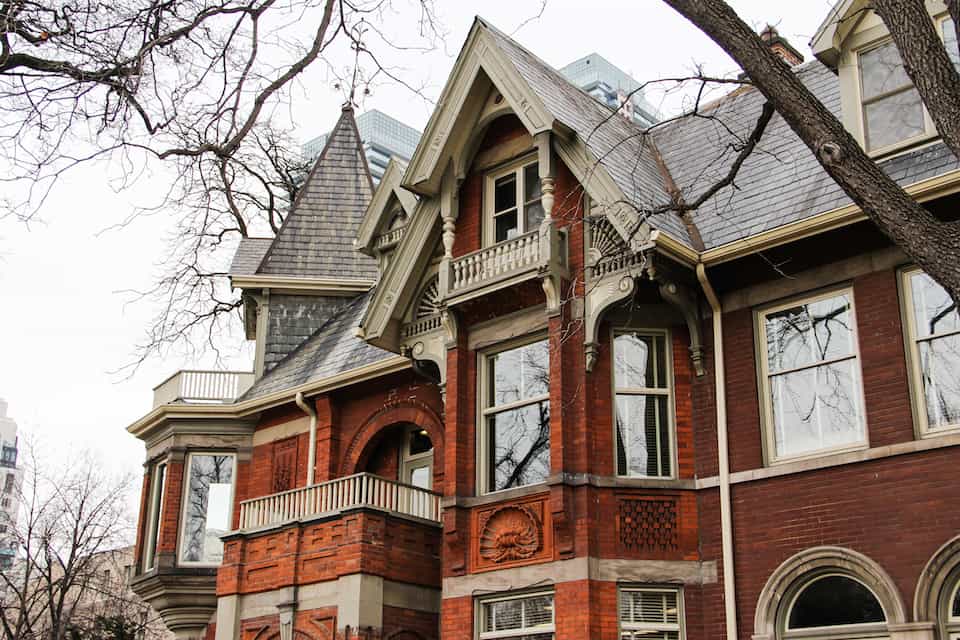The Toronto School of Theology Graduate Students’ Association (TGSA) held a referendum on whether TGSA students should start paying non-academic incidental fees to the Office of Student Life. Paying these fees would give TGSA students access to U of T’s athletic facilities, Hart House, the Career Centre, the Sexual & Gender Diversity Office, and other Student Life services.
In the 2016–2017 academic year, these fees totalled $416.17 per session for full-time students and $83.25 per session for part-time students. Voting ran from January 20 to February 3 for the 265 TGSA members currently enroled in a conjoint program.
The ‘yes’ and ‘no’ campaigns were led by students on the Referendum Committee, commissioned by the TGSA. The ‘no’ side called the legitimacy of the referendum into question.
Matthew Bowman, who is the official representative of the ‘no’ campaign has criticized the Referendum committee, alleging that it has been unfair to the ‘no’ side. He has also raised questions about the validity of the ballot.
Bowman alleges that TGSA President Allison Murray, who is on the referendum committee as a neutral member, has failed to be impartial.
A letter Bowman sent to the committee’s Returning Officer & Chair, Carla Marcoccia, on January 26, includes the claim that Murray had censored parts of his statement after she had edited two sections on the basis that they were factually inaccurate.
Bowman argues that Murray had no right to edit his statement and that the parts she saw as factually inaccurate were merely differences between their opinions.
When asked about Bowman’s allegations, Marcoccia stated that she had brought up his objections at a TGSA board meeting on January 31.
“During the meeting, I made them aware of the complaints we had received to date and asked them to weigh in on the validity of the referendum,” said Marcoccia, “A Board motion in support of the referendum process carried with only one vote in opposition.”
Following the committee’s decision, Bowman co-authored a letter to the University of Toronto Students’ Union (UTSU) detailing his belief that the referendum was being mismanaged.
When asked to respond to the letter, UTSU President Jasmine Wong Denike stated she was aware of students’ concerns and has arranged for them to bring their issues directly to the Office of Student Life (OSL) and the Office of the Vice-Provost Students.
“After personally attending a TGSA meeting, I had some concerns about the way the referendum is being run internally, and whether or not it’s following the correct guidelines,” said Denike.
Bowman further alleges that the PhD conjoint program has not been added to Schedule B, an official list of programs eligible for access to the services. Without this confirmation, the referendum would be invalid.
Those who support the ‘yes’ side feel that incurring the fees would be worth the services that TST students would access as a result.
“Paying Student Life fees opens up access to thousands of dollars’ worth of services,” said the official ‘yes’ representative, Robyn Boeré.
“It’s important to know that these fees are not just about the gym,” Boeré explained. While the fees do include admission to all of U of T’s athletic services, including intramurals, drop-in fitness classes, and women’s only athletic programming, she stressed that TGSA students will be also be able to access bookable athletic and academic spaces, subsidized day care, and international student services, among other services.
Bowman believes that these reasons are not sufficient enough for TGSA students who may not be on campus for the entire year.
The degree structure of the PhD program prevents students from dropping from full-time to part-time status after they complete their coursework.
“This new structure results in students paying full time fees for the duration of their enrolment regardless of whether they are physically present on campus. This could mean paying to access services which geographic distance makes impossible to access regularly,” said Bowman.
He also cited the high cost of graduate education and the TGSA’s lack of representation on the Council of Student Services (COSS), which decides any fee increases, as reasons for supporting the ‘no’ side.
U of T Media Relations Director Althea Blackburn-Evans has stated that the conjoint program was added to Schedule B in November 2016 and applies retroactively until September 2016.
Murray and Boeré declined to comment on the internal proceedings of the referendum.


